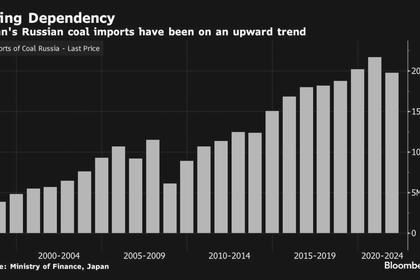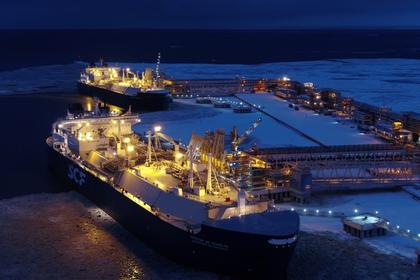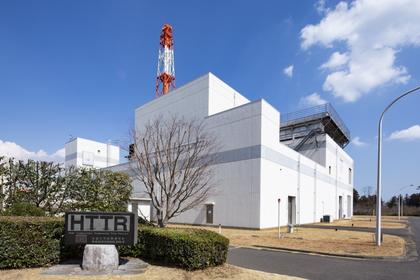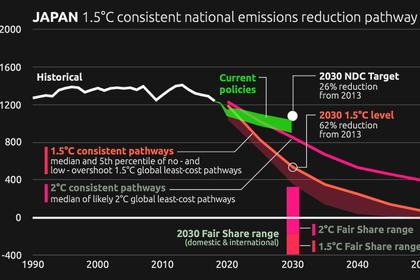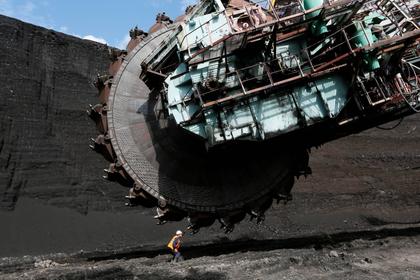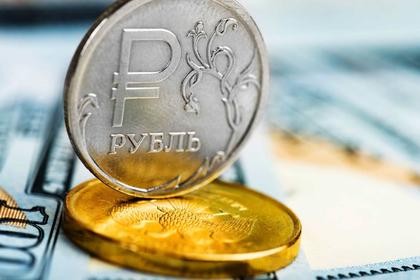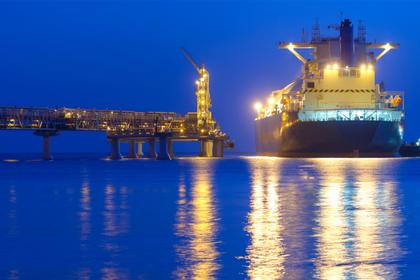
JAPAN NUCLEAR GROWTH
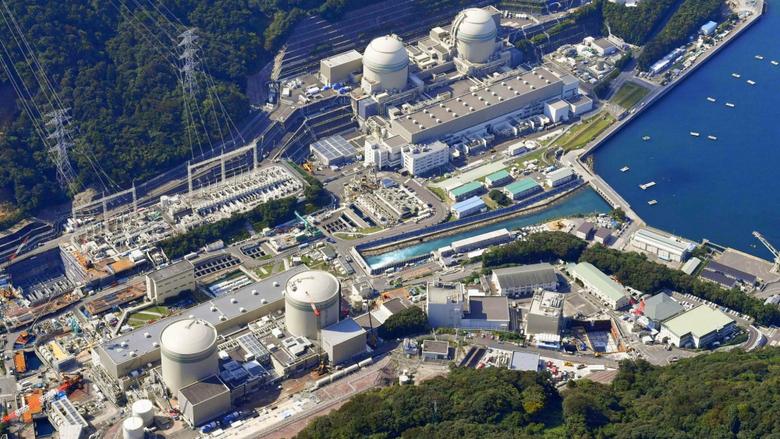
N - 30 May 2022 - Japan's Prime Minister Fumio Kishida has said Japan will take firm steps to restart idled NPPs to make maximum use of nuclear power to stabilise energy prices and supply, Jiji Press reported. "With safety as a priority, we will take concrete steps to restart (plants), although the government is not considering replacing existing NPPs with newer facilities, he told parliament recently.
In the wake of the March 2011 earthquake and tsunami which destroyed three reactors at the Fukushima Daiichi NPP, Japan closed all 54 of its nuclear power units and introduced more stringent safety requirements for their restart. Some have been permanently closed ready for decommissioning and 33 are currently considered to be operable.
Industry Minister Koichi Hagiuda said the electricity supply situation is likely to worsen in many parts of Japan in the summer, with the government recommending more efforts to conserve power and the increased use of nuclear energy at plants confirmed to be safe. Last year the government said it aimed to cut coal’s share of electricity generation to 19% by 2030, compared with 32% in 2019.
The Special Committee on Nuclear Regulations of the ruling Liberal Democratic Party, chaired by Junji Suzuki, has compiled a report containing proposals for more efficient safety inspections of Japan’s nuclear power facilities. The report was presented to Environment Minister Tsuyoshi Yamaguchi and Prime Minister Kishida in mid-May.
Because the Japan Nuclear Regulation Authority (NRA) has been taking such a long time to conduct its safety inspections, only 10 of the nuclear power units shut down following the 2011 Fukushima disaster have been restarted. Consequently, the Special Committee on Nuclear Regulations called for the use of enhanced predictive analysis for safety inspections, for example by making use of data from inspections of nuclear power plants that have already passed inspection.
Kishida has also expressed his intention to pursue improving the efficiency of inspections. “Hopefully, the Prime Minister will be proactive in dealing with this problem and take the lead in getting the NRA to implement the proposals contained in the report. It is important to get the dormant nuclear power plants up and running again,” said The Sankei Shimbun in an editorial.
The standard administrative review process for safety inspections of nuclear power facilities by the NRA has been set at two years. This is in line with the goals of maintaining fairness and transparency in government administration called for in the Administrative Procedures Law.
“As things now stand, however, the agency has been taking far longer to complete earthquake fault assessments and other inspection procedures. In fact, we have no way of estimating when it might finish these inspections. Take for example the case of Hokkaido Electric Power Co.’s Tomari Nuclear Power Plant, where inspections have been ongoing for nine years,” the editorial noted.
The LDP’s special committee offers 10 proposals in its report on the promotion of increased efficiency in inspections for the restart of nuclear facilities. The report urges the NRA to actively incorporate new information about nuclear power regulations in other countries.
It also calls for strengthening communication between the NRA and the local governments of areas where the nuclear power facilities are located, as well as the electric power companies that operate them. It says that the NRA should thoroughly brief these concerned parties on the status of inspections.
The NRA operates independently from other Japanese government agencies. It was set up to conduct safety inspections following the 2011 accident at Fukushima Daiichi. “Although ensuring the safety of nuclear power facilities is essential, that does not justify a self-righteous attitude on the part of the NRA. It is only natural that the efficiency and transparency of any administrative agency be questioned,” The Sankei Shimbun said.
“Getting Japan’s nuclear power plants up and running again as soon as possible will provide a stable supply of electrical power and help to bring down the cost of electricity. Prime Minister Kishida needs to exercise strong leadership regarding this issue.”
-----
Earlier:
